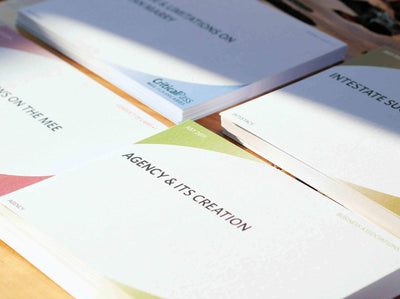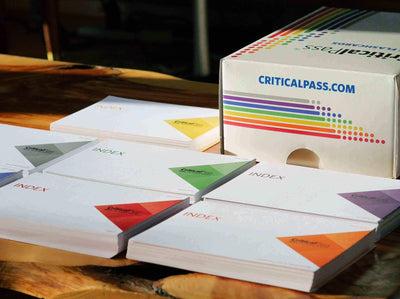Many test takers worry about evidence questions on the MBE—but it turns out that with a solid approach, evidence can be one of the most straightforward subjects on the exam. You can typically expect to see 25 evidence questions on the MBE that will most likely cover hearsay (no one’s favorite), relevancy and presentation of evidence.
Let’s walk through a six-step approach to use when tackling evidence questions on the MBE.
1. What type of case is it?
The first thing to determine is whether you are dealing with a criminal or civil case. As you know, the rules can be very different—particularly when it comes to character evidence—so make sure you start by identifying the type of case first.
2. In what stage is the case?
The second thing to pay attention to is the stage of the case. Are we dealing with a direct examination or cross-examination? Or maybe we're dealing with a grand jury, in which case there are far more relaxed rules. Decipher this key point to make sure you’re applying the right rules.
3. Who is testifying or seeking to testify?
In most questions, you'll have one of three types of people testifying: a defendant, a lay witness, or an expert witness. Identify who is testifying or seeking to testify so you can consider what special rules or circumstances may apply.
4. What type of evidence is at issue?
What is the witness seeking to talk about? Is there physical evidence involved? If so, what kind? Pay special attention to past recollection and present recollection refreshed, which often play a role here.
5. Relevance—is it relevant?
Relevance as number five may seem odd because we always think of evidence questions as beginning and ending with relevance—and in essays, they should. But on the MBE, the question rarely will be simply “is this relevant,” and instead will be focused on why it is relevant but cannot be admitted. As a result, you’re looking at things like character evidence and expert testimony (which you’ve already looked at through steps one through four) but now you must focus on if it should be excluded.
6. Hearsay – what’s the exception or exemption?
If the MBE question involves hearsay—and generally 25% of evidence questions will be on hearsay—there’s almost certainly going to be an exception or exemption involved. It’s unusual for the correct answer to be “inadmissible because it is hearsay.” There will usually be a hearsay exception involved, so lookout for that exception or exemption.
YOU CAN PASS THE BAR EXAM. CRITICAL PASS CAN GET YOU THERE.
* MBE and MEE Essay Flashcards that help you learn and memorize key bar exam concepts, effectively and affordably.



